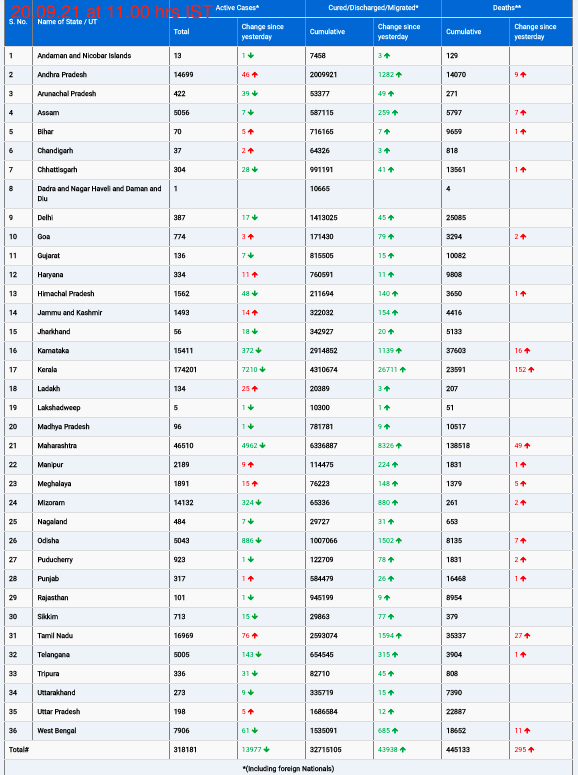A recent report unveiled by US-based healthcare company CVS Health sheds light on the complex relationship between social media and mental health, revealing both its educative potential and the escalating concerns it raises among adults.
Conducted between March 19-21, 2024, the survey encompassed insights from 2,202 adults across the United States. Among its key findings, it was disclosed that while a significant portion of adults, approximately one-third, are striving to curtail their social media usage, an even larger cohort, 36 percent, acknowledged that social media platforms have been instrumental in educating them about mental health issues.
Dr. Taft Parsons III, CVS Health’s Vice President and Chief Psychiatric Officer, underscored the evolving landscape of mental healthcare with the burgeoning role of technology. He emphasized, “The increasing use of technology has helped grow access to mental healthcare. But as we navigate the effects social media has on mental health, it has become increasingly important that we highlight its limitations and set barriers for ourselves and our children.”
Moreover, the report highlighted a notable shift in societal attitudes toward mental health. Concerns regarding mental well-being have surged, with 65 percent of adults expressing apprehensions about their own mental health, as well as that of their friends and family. This represents a marked increase of 6 percentage points from 2022 and 15 percentage points from 2020.
The findings indicate a growing consciousness surrounding mental health issues, with 77 percent of respondents identifying it as a top concern alongside pressing issues such as the economy. This heightened awareness underscores the imperative for proactive measures to address mental health challenges within communities.
Furthermore, the report delineated a trend toward alternative avenues for mental healthcare, with approximately 48 percent of respondents expressing a willingness to explore mental well-being apps for support and care.
While social media emerges as a double-edged sword in the realm of mental health, simultaneously serving as an educational tool and a source of apprehension, the report underscores the necessity for nuanced approaches in navigating its influence. As societal concerns regarding mental health continue to mount, stakeholders are called upon to foster a holistic discourse and implement strategies aimed at fostering digital well-being while leveraging the educational potential of social media platforms.











